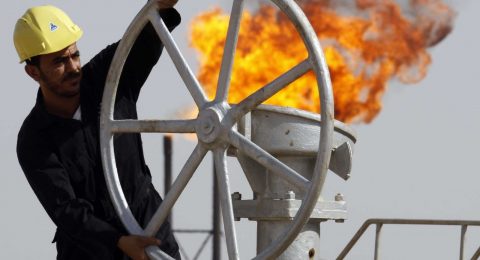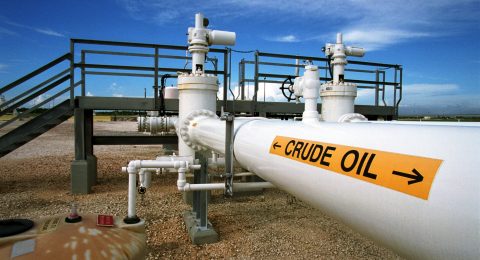Kuwait and Russia will chair a meeting in Abu Dhabi on August 7th and 8th to discuss why some signatories of last year’s oil-production agreement are failing to fulfill their promises to cut production, Bloomberg reported.
The agreement, announced in early 2017, sought to curtail production to bolster prices. Initial compliance among signatory nations was high, but, as the market failed to rally, countries began to disregard their production quotas.
Six independent parties, or “secondary sources,” estimate the production levels of the signatories to ensure compliance. Some nations argue that these independent parties overestimate their production rates, according to Bloomberg’s unidentified sources.
While the production-cut agreement was being negotiated in 2016, Iraq complained about the estimates and their lack of precision. Other OPEC members echo Iraq’s critique and fault the secondary sources.
Iraq, OPEC’s second biggest producer, will attend the meeting despite its non-compliance with the agreement. In June, the International Energy Agency (IEA) estimated that Iraq was only 29% compliant.
Iraq has previously argued that it should have been exempted from the production cuts because of its struggle against the Islamic State. OPEC members Libya and Nigeria were not asked to cut production due to the internal conflicts both nations are facing.
Two of the biggest offenders, Algeria and Venezuela will not attend the meeting. Algeria is estimated to be 70% in compliance with the agreement while Venezuela is estimated to be only 39% in compliance, according to the IEA. Other large oil producers have been invited to participate but have yet to confirm attendance.
Saudi Arabia, OPEC’s largest producer, announced in late July that it planned to step up pressure on nations failing to implement their pledged cuts. The UAE, an oil-producing country that has been producing above its quota, promised to reduce its output starting in September.
Overall implementation fell from 95% to 78% in May after production increases from a number of signatories, including Saudi Arabia.
The average compliance rate during the first six months of the deal was 92%, a degree of compliance “still strong by historical standards,” according to the IEA.











